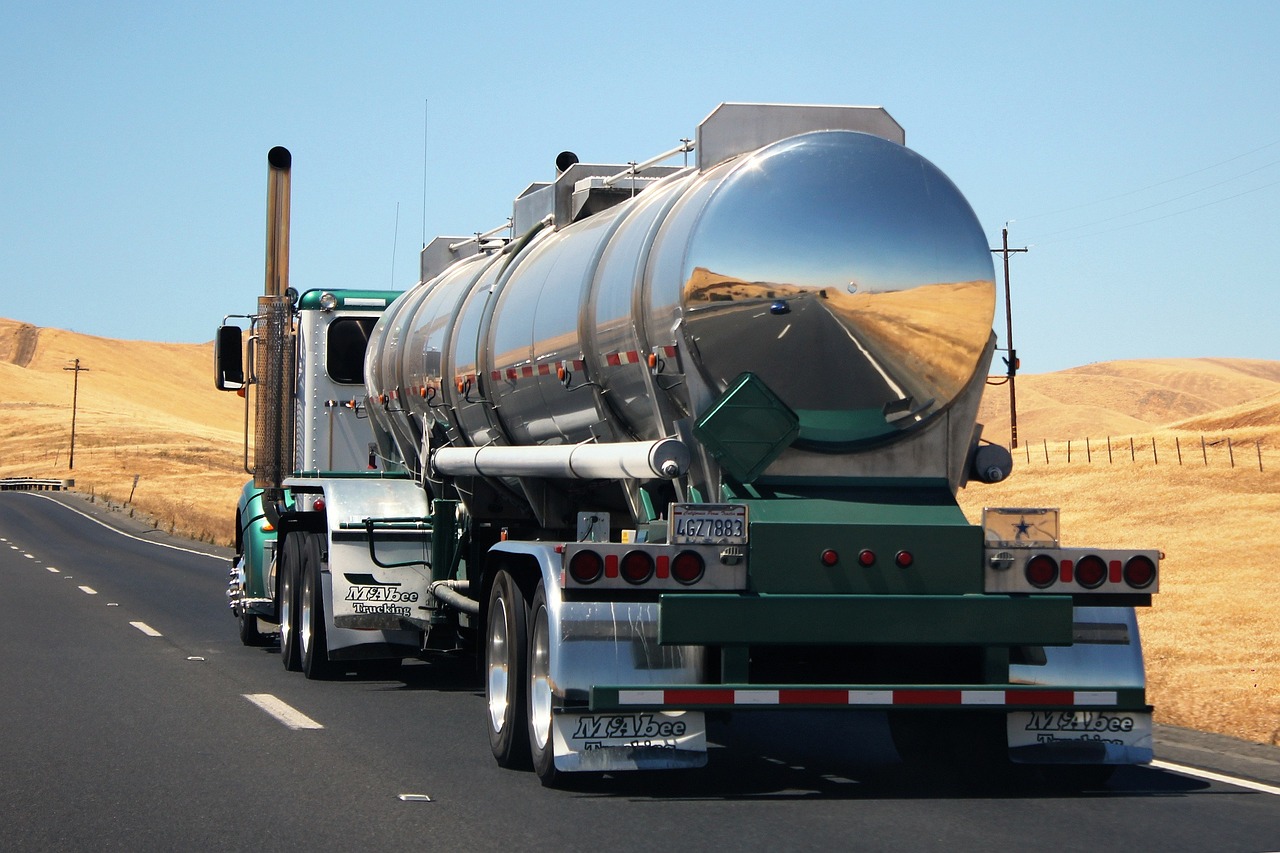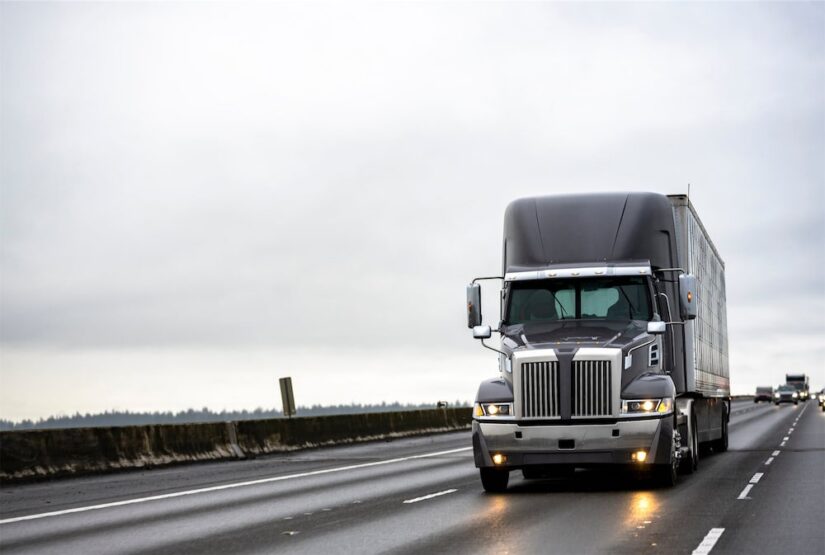
Table of Contents
Many new businesses, especially those in the trucking industry, experience problems with cash flow. Factoring companies offer a better way to bridge that gap to keep the business running smoothly while invoices are collected after deliveries.
With improved cash flow through recourse and nonrecourse factoring services, could be the answer you need to drive down the road to success.
In this article, we’ll explore the key differences between recourse vs non-recourse factoring, and how we can assist you in determining the right solution for your needs.
What Is Invoice Factoring?
Invoice factoring involves selling your accounts receivable or invoices to a company that pays you immediately. Factoring companies purchase your invoices to help free up your cash flow. The factoring company takes a fee for each invoice, though it allows you to pay the bills for your trucking company, handle operations, and take on new business without waiting for your payments.
Factoring companies can also take care of other details involved in the collection of invoices. This frees up your time to run your business since you won’t have to track your invoices or chase your clients for payments.
Factoring services are on the rise, expecting a 6.9% growth rate from 2023 to 2030. This is to meet the ever-increasing need for alternative sources of financing for smaller enterprises like new trucking companies.
You can choose between two types of factoring — recourse and non-recourse factoring. Before you decide, it helps to understand the differences between recourse vs non-recourse factoring.
Understanding Recourse Factoring
Recourse factoring is without a doubt the most common version of factoring. With a recourse transaction, even when you sell the unpaid invoice to a factoring company, you still bear the responsibility for collecting the balance if the factoring company can’t.
When you engage with recourse factoring, the factoring company will make all attempts to collect on your behalf. However, if a broker or shipper won’t pay on time, you must buy the invoice back and go after collections on your own. Since you assume more risk, you will pay a lower fee for this type of factoring agreement.
Recourse factoring has some distinctive advantages, namely that it can be a less expensive option compared to non-recourse factoring. You won’t have to make any collections yourself unless someone doesn’t pay an invoice.
You can also easily qualify for recourse factoring as you are assuming the risk. If you have credit monitoring and qualifications in place, this may be the right solution. On the downside though, you have to buy back the debts your brokers or shippers default on. Then you will need to collect it yourself, which can cause problems for your cash flow.
Unfortunately, if you are unable to buy back the invoice that the client fails to pay, your debt could end up in collections. This may mean you wind up filing for bankruptcy.
Understanding Non-Recourse Factoring
Unlike recourse factoring, non-recourse factoring is when the factoring company assumes full responsibility for debt collection. Since they are taking on a greater risk for non-recourse factoring, you may only be able to apply if the factoring company can trust your customers.
Non-recourse factoring has some unique advantages compared to recourse factoring. You do not have to make your own collections on unpaid invoices and you are covered even on bad debt. This higher level of bad debt protection enhances your cash flow.

Additionally, you do not have to conduct your own credit checks. The factoring company has credit requirements to ensure that they choose only creditworthy customers. Non-recourse factoring works like a cash advance and gives you a leg up, allowing you to break free from factoring and stand on your own after enough time.
Just as recourse factoring has its drawbacks, non-recourse factoring isn’t without flaws either. You will pay slightly higher fees for this type of factoring. However, many budding trucking companies find it’s worth the extra cost.
Non-recourse factoring is a good choice when you have high-value clients. It’s also helpful if you do not want to deal with accounts receivable while having protection against bad debt.
If you are the owner of a new trucking business, you may lack the resources required to buy back invoices for non-payment when you’re first starting out. This could be the right solution to help you drive full speed ahead to success.
It’s important to discuss both factoring types and decide which one may be best for your needs.
Choose a Factoring Company That Helps You Excel in Your Business
Starting a new business requires enough available cash to keep things running. While recourse factoring may be offered at a lower rate, it may be more prudent to start out with a non-recourse factoring agreement.
Ultimately, it will be up to you to decide if you’d rather assume the credit risk for lower fees if you go with recourse factoring or if the security of non-recourse funding is the way to go. However, the good news is that you have options for recourse and non-recourse factoring. When you need help deciding, turn to an invoice factoring company that can help you find an affordable solution to run your trucking business.
At Simplex Group, we have been supporting small transportation businesses like yours for over 20 years. We know what it takes to get things up and running for you so you can be a part of what keeps our nation running. Let us help you discover which factoring option is best for your business. Contact us today to learn more about what we do to help drive you toward success.
FAQs
Does nonrecourse cover every reason an invoice goes unpaid?
No. It typically covers debtor insolvency/credit default only. Disputes (damages, late delivery, missing POD, short-pay) remain your risk in both models
What happens at the “recourse period”?
If an invoice ages past the agreed recourse days, the factor can charge it back, reduce your reserve, or require a replacement invoice